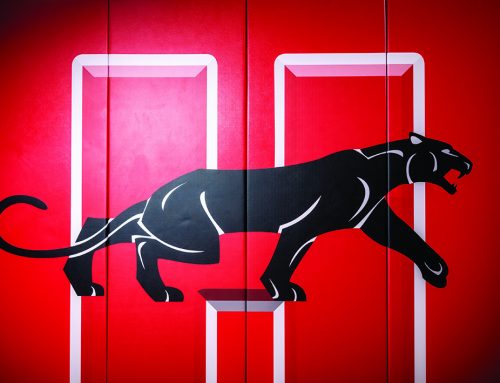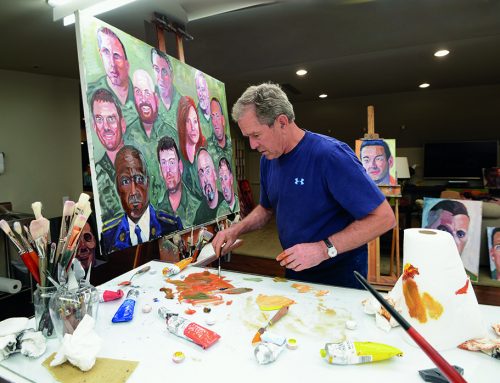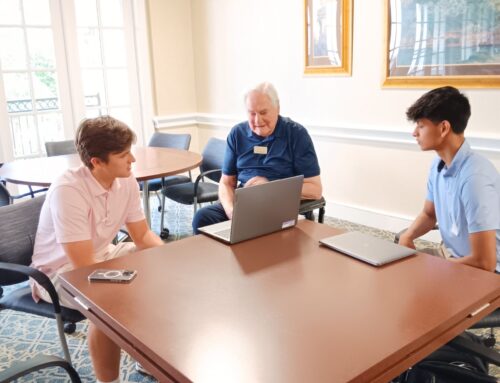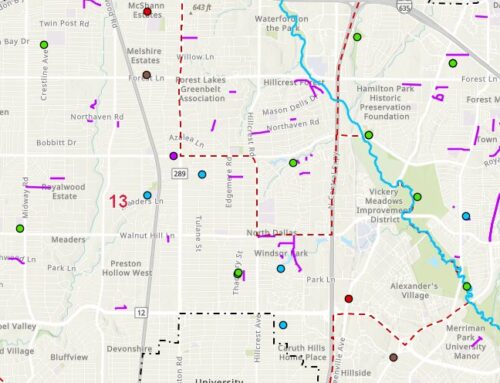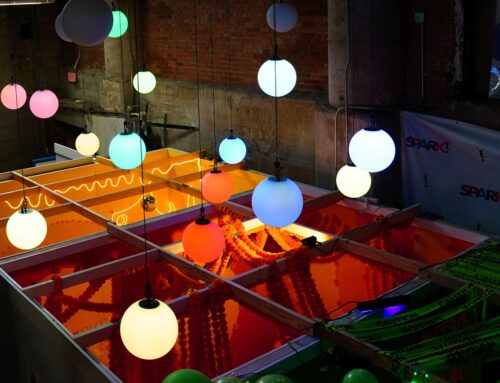When I interviewed Bill Lively for our January issue, about a month before the Super Bowl, he was confident, excited and immensely proud of how his North Texas Super Bowl Committee was handling the massive event that would have the eyes of millions of people on Dallas-Fort Worth.
“I tell my staff every day we’re making history,” Lively said in the interview.
Every detail seemed to be in place plus, the committee was embarking on projects that no other committee had done before such as philanthropic legacy programs like SLANT 45. But, of course, there some things he just couldn’t control.
The Dallas Morning News published an article on Sunday in which Lively, a Preston Hollow resident, sat down with columnist Cheryl Hall to have an honest discussion about how things ultimately turned out on Super Bowl Sunday – from the unfortunate weather to the seating disaster. Hall writes that the interview was supposed to be off the record, but she convinced him to let her publish it.
He chronicles the day as it happened, including the moment when he discovered, for sure, that 500 fans would not have a place to sit. “I wanted to go into a closet, close the door and cry,” he says in the article.
He recalls another instance when he realized just how bad it was while he was making his way through the Super Bowl crowd: “‘We find ourselves in a snake of thousands of people,’ Lively recalls. He cringed when he spotted Jesse Jackson and his family among the throng. ‘I’m thinking, How did we get in this situation? Is it because of the ice falling off the roof? I was willing to give them the benefit of the doubt. I still don’t know the cause. But I knew right then: These folks aren’t happy.’ ”
Despite the mess, Lively thinks we will host another Super Bowl – just as he said when I interviewed him long before there was any sign of things going wrong. Only next time, they won’t try to modify anything – like adding additional seats to the already massive Cowboys Stadium. “If you try to modify it, you compromise the way it was designed to operate.”


